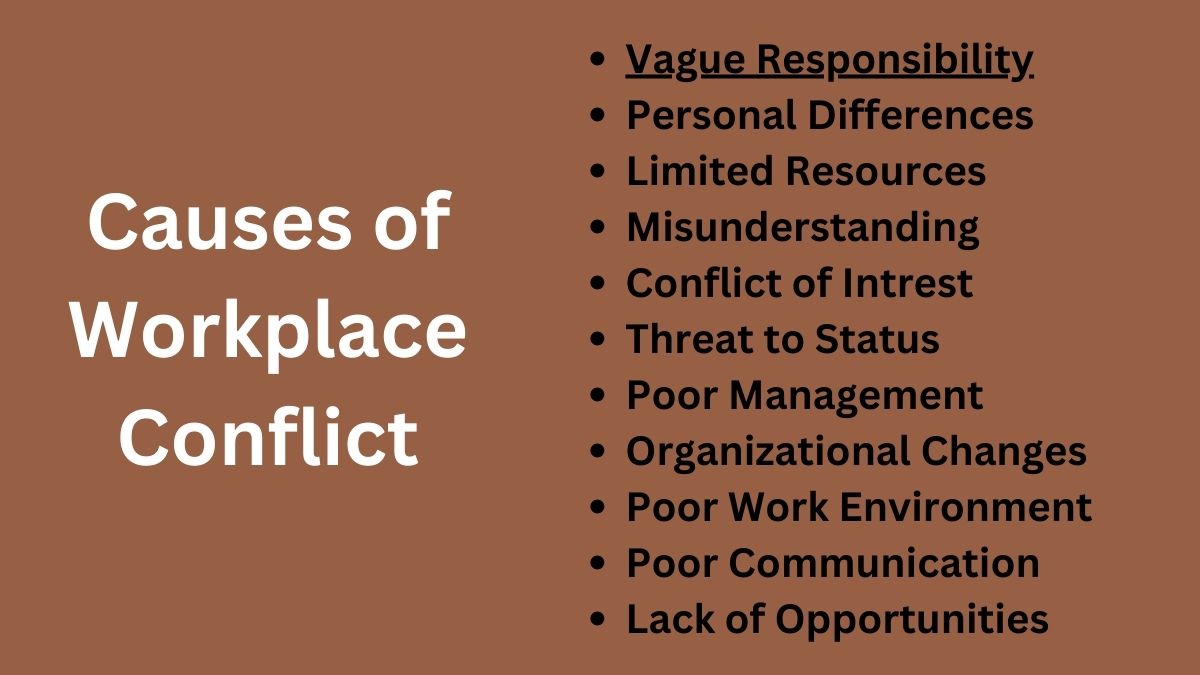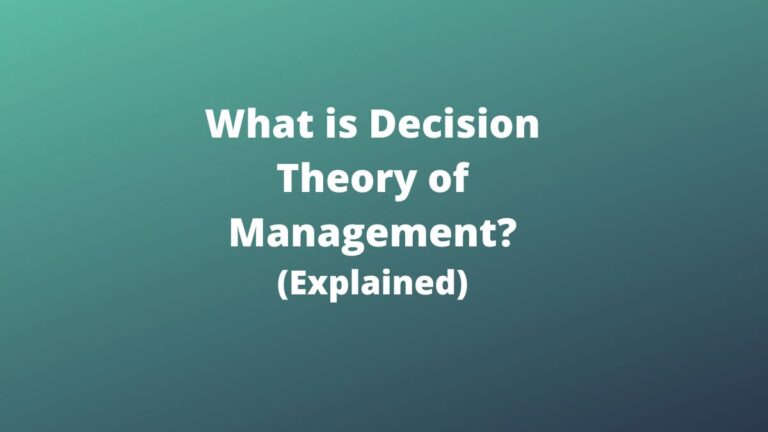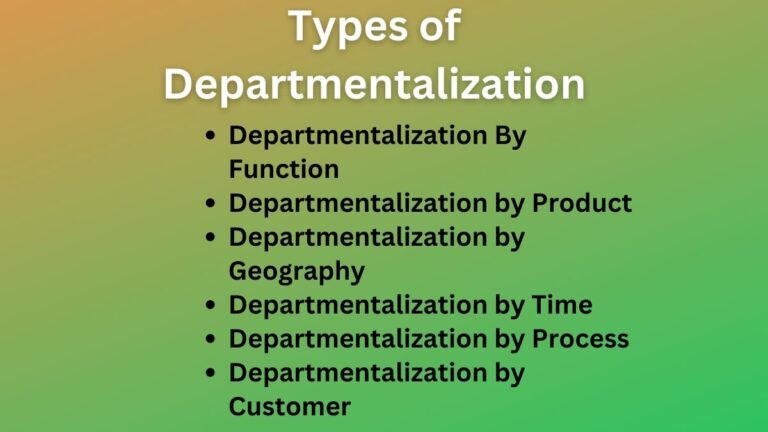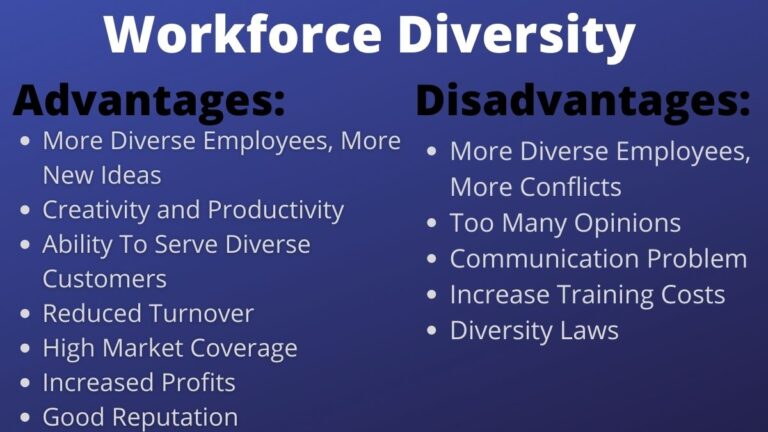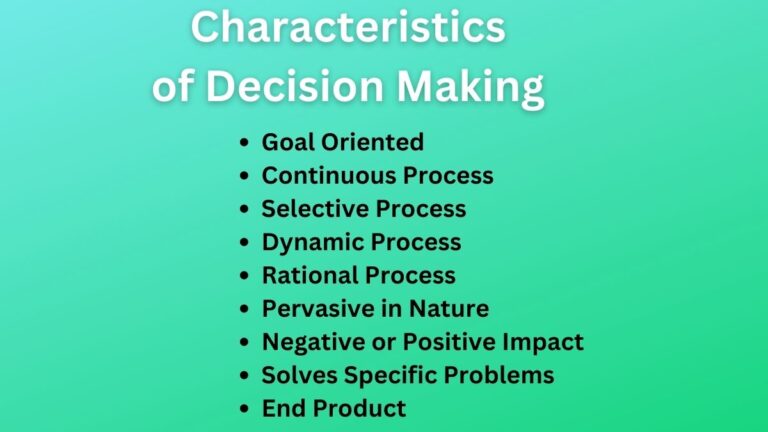11 Causes/Reasons of Conflict in the Organization [Explained]
Causes of Conflict in the Organization
There can be various reasons, causes, or sources of conflict in the organizations, some of the familiar sources are mentioned below:
Vague Responsibility
Conflicts may arise in the organization when employees are unclear about their roles and responsibilities. They may not know what is expected of them, who their superior is, who their juniors are, over workloads, etc.
To avoid this, there should be clarity about the tasks and responsibilities of employees. And, employees should accept their responsibilities.
Personal Differences
It is obvious that every workplace is united by people having different backgrounds, knowledge, skills, experiences, preferences, attitudes, and so on. And, you can not be sure when they all meet they will work cohesively.
Conflicts are common when people differ in their tastes and preferences. So, as a manager, you should always be unbiased so that employees seek your help to resolve conflicts if any arise.
Related: Diversity in the Workplace
Limited Resources
Different groups and teams are established to accomplish the tasks of the firm. Every group or team needs sufficient resources either capital, people, information, machines, or time to complete the task at the desired standard and on time. But, the availability of limited resources affects such a process.
Misunderstanding
Misunderstanding is one of the main reasons for conflict in the workplace. Whether it is in terms of role, authority, goals, interest, or personal attributes when two or more people do not understand themselves conflict is common.
Conflict of Intrest
It is a fact that everyone joins an organization or does a job to fulfill their personal ambitions. Conflict of interest arises when the interest or goal of an employee does not match the goal of the organization he is working.
Thus, to avoid this the goals of the firm should be matched with the goals of employees. Or, they should be assured that when the company’s goal will be achieved, their personal goals also be considered.
Threat to Status
Status is based on the knowledge and position individuals get in the organization. Whenever they feel a threat to their status, they oppose it, resulting in workplace conflict.
Related: Types of Conflict
Poor Management
Poor management also causes conflicts in the organization. Managers’ inability to address malpractices in the workplace as well as to establish standard working rules and procedures increase disputes in the company.
Organizational Changes
Usually, employees resist change. There may be various reasons for it such as a threat to their status, fear of the unknown, they do want to leave their comfort, etc. To avoid this, you should be able to convince employees that the change is for their benefit.
Poor Work Environment
Employees love to work where they feel like their own home. As a manager, you should create a work environment friendly, maintains coordination, encourage team spirit, and ensures everyone is valued. The practice of biases, bullying, harassment, etc. should strongly be avoided.
Poor Communication
Poor communication between managers and employees or among employees also causes organizational conflict. Effective communication is essential to send and get the right information. However, lack of it does not let employees or supervisors get proper information which results in unsatisfactory goal achievement.
Lack of Opportunities
Employees also expect that they should also get a career growth opportunity in their organization. They want to upscale their skills and competency along with their regular job. However, the failure of management to provide career growth opportunities often causes conflicts in the organization.
Read Next: Strategies To Manage Conflict in the Workplace.
Sajan Kushmi is a content writer with more than 4 years of experience. He holds BIM Degree. He write on the topics related to Management, Marketing, and Entrepreneurship.
